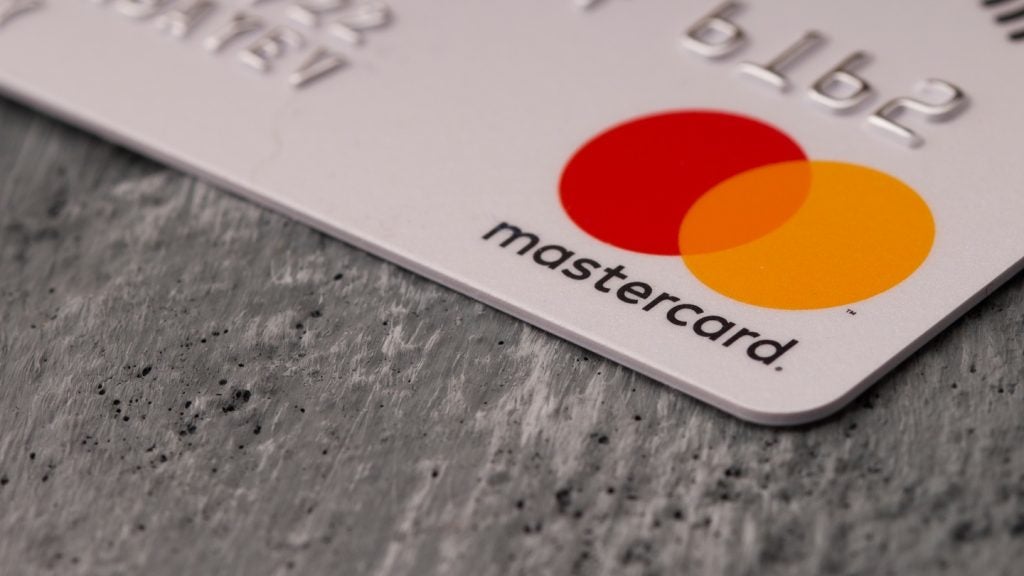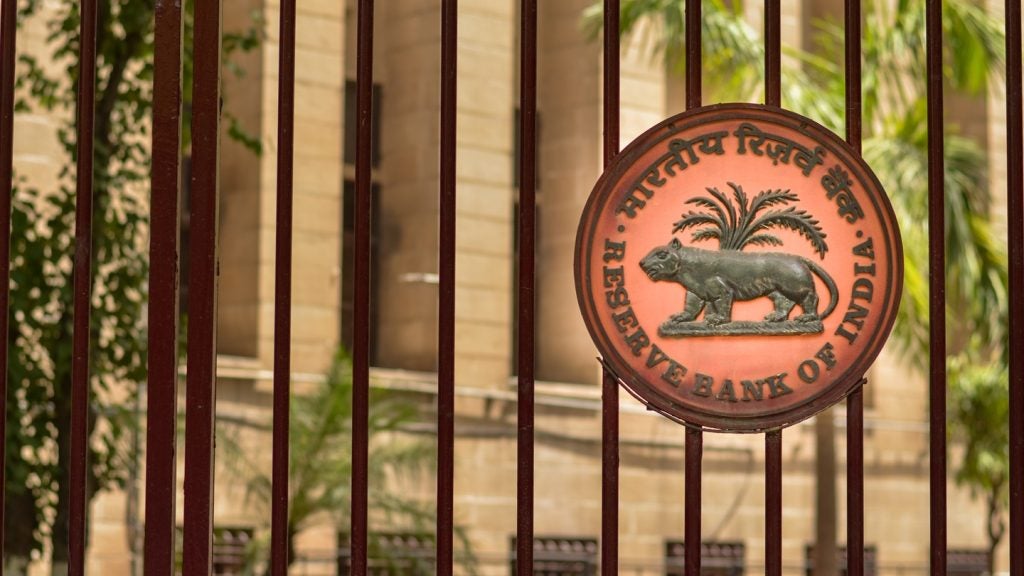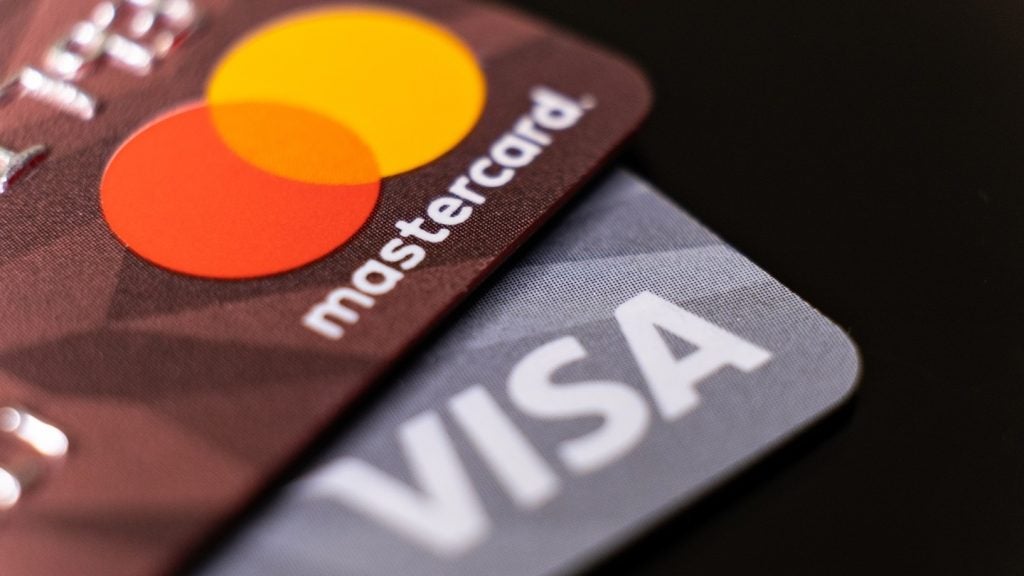As more and more people commute to and from the cities, so faster methods of payments are necessary.
Take TfL’s contactless payments drive. Sure, there were business motives for MasterCard but for TfL, the main reason was having to deal with volumes of traffic, now and even more so for future planning.
On a side note, however, one thing left to nail is the speed of connectivity with contactless bank card use and especially with wearables. The extra two seconds or so that it takes to go through a turnstile with Apple Pay or a bPay wristband could be tantamount to taking your life in your hands in ten years’ time when commuter volumes have doubled and you are being pushed through at rush hour.
Arguably worse than the wrath incurred at the Christmas party bar, amid the cacophonous din that is your colleagues in celebration mode, when taking fifteen minutes to order the same amount of drinks two at a time for all your mates, for example. I’ve seen it and it isn’t pretty.
Hopefully in 2016 consumers’ demand will speed this process up.
There were two payment leapfrogs in 2015, spurred on by crises in Sierra Leone and Greece. In the former, during the harrowing Ebola outbreak, the demand of paying the sudden influx of medical workers proved impossible in the banking space that existed and the situation proved a catalyst for mobile payment adoption.

US Tariffs are shifting - will you react or anticipate?
Don’t let policy changes catch you off guard. Stay proactive with real-time data and expert analysis.
By GlobalDataIn Greece, when the government curtailed cash withdrawals, card payments took a leap forward in a very short space of time. As Andrea Fiorentino, head of European go-to-market mobile propositions at Visa Europe told us in a recent interview, in the two weeks immediately following the introduction of controls, there was a 135% increase in Visa card transactions compared to the fortnight before. The number of active Visa debit cards in Greece more than doubled in July, compared with the previous quarter’s average.
This shift from cash to card has is ongoing in Greece. Card transactions towards the end of 2015 were up 128% (year-on-year), compared to just 9% in the quarter before controls were introduced.
Couple this with how fast some banks implemented Apple Pay, despite the odd initial glitch or delay. Basically in seven months, they made a massive transformation. It just goes to show where there is a will there is a way. In some cases, necessity is indeed the mother of invention. In others, it is simply a positive top-down attitude that accelerates progress.








